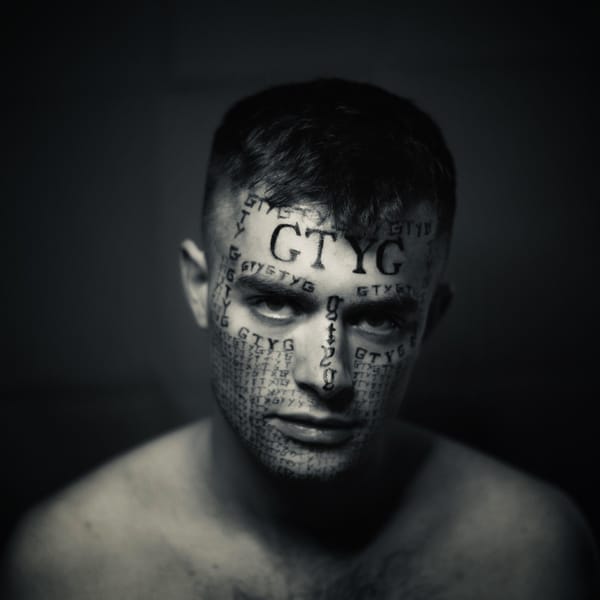Kohnfused About Classical – In Conversation with David Wheeler
In this week's edition, Michael chats with David Wheeler, the Principal Horn of Imperial Orchestra Society
In a departure from the last two musings on my own taste in Classical music, this week I caught up with fellow horn player, David Wheeler, to talk about his experiences and to come up with a few new pieces for the column. Today marks the first time, but not the last, that I will recommend (on David’s behalf) a work that I personally don’t enjoy in an effort to give the broadest overview of Classical music.
David is a 4th year Medicine student, and, in addition to being Principal Horn of Imperial’s Symphony orchestra (ICSO) and playing in several top orchestras both amateur and professional, has been the chair of ICSO for the last two years. He explains that orchestras playing large-scale works such as Mahler symphonies was where he really started as a player, but just enjoyed playing without listening to too much music. He then set himself the challenge of sitting down and listening to the four Brahms symphonies as exposure to more music, particularly enjoying the 1st and 4th symphonies (although my favourite has to be the 3rd!). Indeed, both of us share the experience of playing, listening to works for research or for upcoming concerts, and then enjoying what we found for its own sake. Although David remarks that his favourite composer is Tchaikovsky, and as a brass player may tend towards megalithic symphonies, today he has chosen two pieces that depart from a player-oriented perspective. His top choice for an introduction to Classical music was recommended to him by a friend with no background in Classical music at all, and the last of them to broaden horizons was also played at an Oslo philharmonic public engagement concert- he said there wasn’t a dry eye in the 1000-strong audience.
Mascagni - Intermezzo from Cavalleria Rusticana, 3 minutes
This orchestral interlude comes from a one-act opera that was its composer’s only success, and has since been a favourite at weddings, sports venues, and even featured in several films such as the opening of Raging Bull. An indulgent one-minute introduction gives way to the famous theme played in unison across all the string instruments, and, despite lacking the voice, is perhaps the most lyrical part of the opera, soaring up to the top note and then taking its time to come to rest. In context, it makes a nice contrast to the overused Operatic plot of two characters vowing revenge over loving the same woman which takes place immediately beforehand.
David recommends the version that appears on the recording of the opera featuring that little-known singer Pavarotti, with the National Philharmonic Orchestra.
Richard Strauss - Morgen /Tomorrow, 4 minutes
The first time in this column that vocal music appears is this Lied (a song in German) by the German Romantic/20th Century Composer of that famous trumpet solo that opens 2001: A Space Odyssey. With the title literally meaning Morning, the lyrics describe people parting for a long time, but hopeful that they will meet again (although an interpretation is that they will only meet when they are dead). The solo violin introduces a version of the main theme, slowly creeping up an arpeggio (notes separated by small intervals up a scale) to perhaps introduce the new colours of the dawn, and is supported by the harp and muted strings, before the voice comes in surprisingly softly. Indeed, the whole piece is marked as ‘pianissimo’ (very quiet). The violin intertwines with the voice for a while, representing the love of the two people in the poem, before taking over when the singer stops. The strings then stop on a suspended chord and the singer re-enters, with some discordant notes suggesting that they may never meet again, before softly dying away and the violin repeats its hushed opening melody.
David suggests Diana Damrau’s version with the Munich Philharmonic orchestra.







